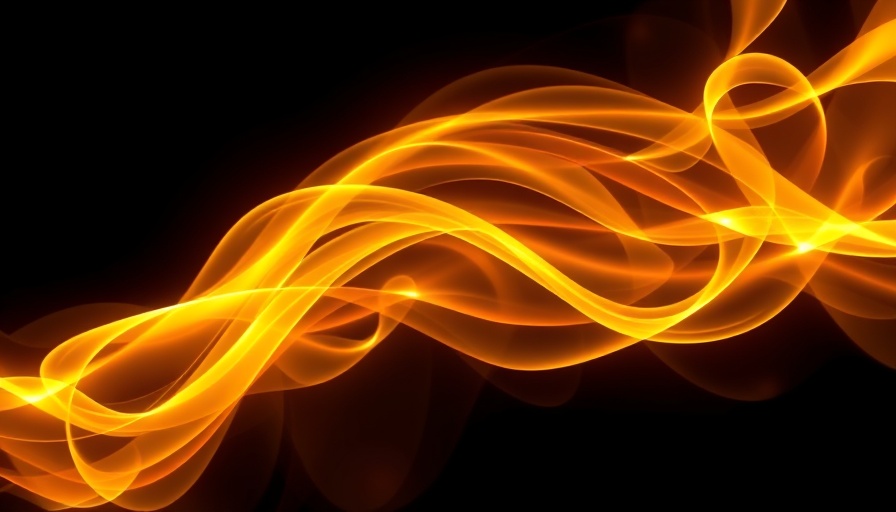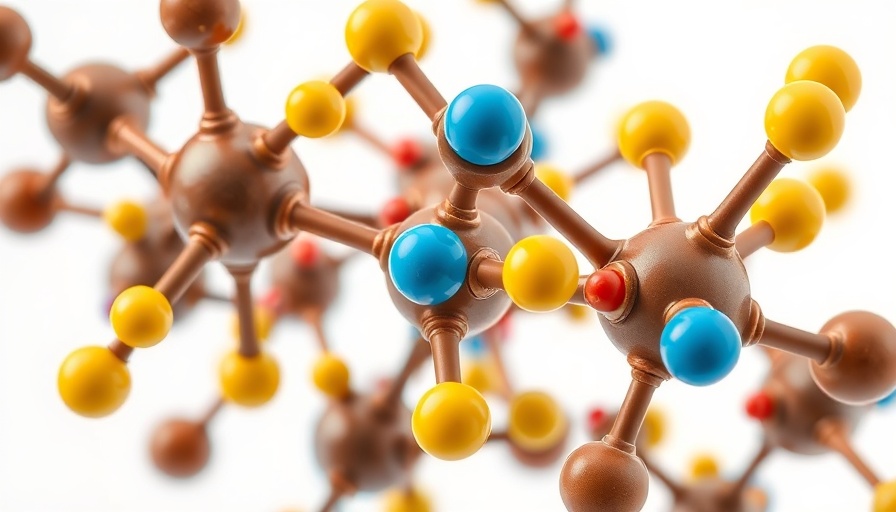
Understanding Seasonal Affective Disorder and Its Impact
Seasonal Affective Disorder (SAD) is more than just mid-winter blues; it's a genuine health issue that can affect many people, particularly during the gray months of winter. People living in Gig Harbor, Washington, may find themselves grappling with a lack of sunlight during the shorter, colder days, leading to a dip in mood, energy levels, and overall well-being. Symptoms of SAD can range from irritability and fatigue to difficulty concentrating and changes in appetite, making it crucial to recognize and address them.
But what does this have to do with Chinese medicine?
Chinese Medicine: A Holistic Approach to SAD
Chinese medicine offers fascinating insights into seasonal mental health issues like SAD by examining the balance of Yin and Yang, forces that represent different aspects of health and vitality. According to traditional Chinese beliefs, the prolonged absence of light leads to an excess of Yin energy. This excess can cause symptoms associated with SAD, compelling a shift towards reintroducing Yang energy—often through lifestyle changes, herbal remedies, or acupuncture.
Light Therapy: A Practical Yang Strategy
One of the primary methods for combating SAD is through light exposure, which is foundational in traditional treatment strategies. Light therapy, developed by researchers in the 1980s, utilizes brightly lit lamps that mimic natural sunlight, providing the body with essential Yang energy. Residents in Gig Harbor can consider investing in light therapy devices to help alleviate symptoms of SAD during the darker months.
Acupuncture and Holistic Healing: Intervention Strategies
Acupuncture has emerged as a popular and effective treatment for SAD. By strategically placing needles on meridians, an acupuncturist can help restore balance and promote warmth to counteract the cold Yin energy that clings to those suffering from SAD. Whether it’s dry needling or cupping therapy, these techniques can enhance circulation and encourage the flow of Chi, vital for mental and emotional health.
Herbal Medicine: Nature's Solutions
Herbal medicine is another vital component of addressing SAD. Adaptogenic herbs like ashwagandha and Rhodiola can help support the body's response to stress while uplifting the spirit. Creating a holistic herbal regimen tailored to the individual may provide the extra support needed to overcome seasonal blues. Consult with an acupuncturist or herbalist near you to explore options that align with your personal health goals.
Actionable Insights: Managing SAD Effectively
As winter approaches, taking proactive steps in managing SAD can make a significant difference. Here are a few actionable strategies:
1. Incorporate Light Therapy: Aim for daily exposure to bright light during winter months.
2. Visit an Acupuncturist: Explore meridian therapy to boost energy and mood.
3. Embrace Herbal Medicine: Consult with practitioners about the best herbal solutions for you.
4. Stay Active: Exercise can boost endorphins and combat feelings of lethargy.
Incorporating these practices not only helps manage Seasonal Affective Disorder but also embraces a holistic doorway to wellness that many in Gig Harbor can benefit from. Remember, nurturing your mind and body through these traditional methods may lead to newfound vigor and joy throughout the darker days.
Feeling the weight of winter? Embrace the blend of ancient wisdom and modern practices by seeking out acupuncture and herbal solutions specifically designed for seasonal struggles.
 Add Row
Add Row  Add
Add 




 Add Row
Add Row  Add
Add 


Write A Comment